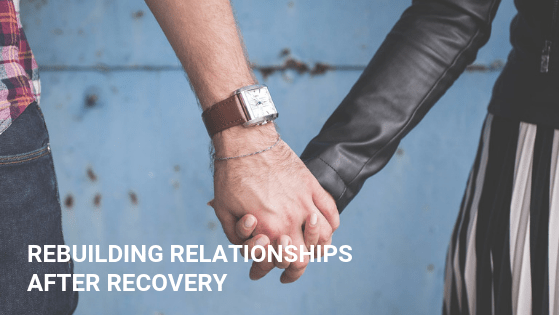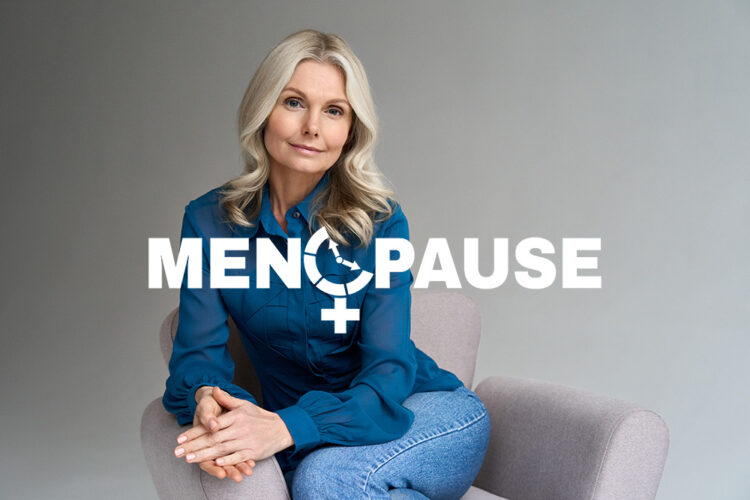
Empty nest syndrome and substance misuse
The school holidays are finally coming to an end. We hear a collective sigh of relief from those physically, mentally, and financially drained parents who are looking forward to handing their bundles of joy back into the care of the educational system.
For some though, it marks the time when their child will leave home on a more extended, or even permanent basis. When they will go off on a much bigger adventure, possibly starting at university, taking a gap year to travel, or simply moving out of the family home for the first time.
What is a hugely exciting time for your child, can leave some parents feeling a bit out of sorts. If you are left with a sense of grief and loss, a seemingly vacant home, with no-one to fuss over, and what feels like an ominous silence, (rather than the peace and quiet you once dreamt of), it may be a case of empty nest syndrome.
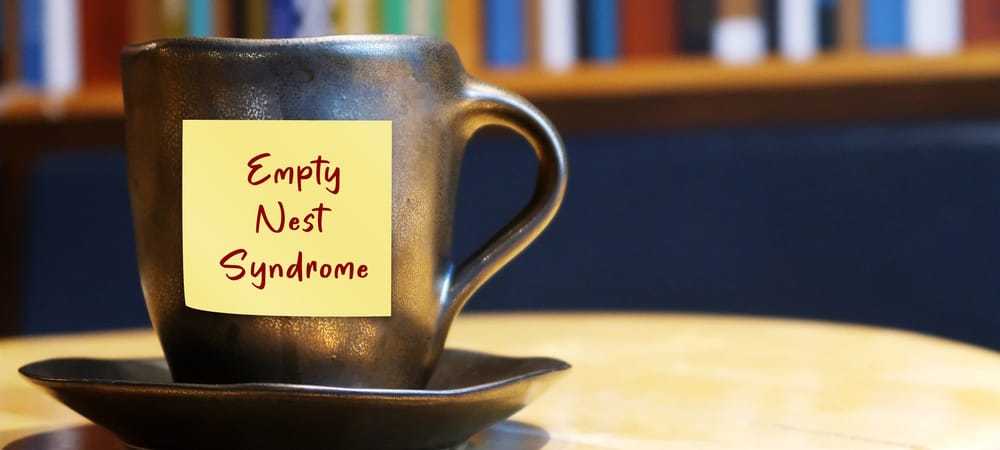
What is empty nest syndrome?
Empty nest syndrome is not a clinical diagnosis, it refers to the feelings of grief, sadness, and loss that many parents feel when their children move out of home. It is typically more common in those who have had the role of primary or single caregiver, often women – especially those who have been full-time mothers or fathers, working inside the family home.
It can be a confusing and conflicting period. On one hand you are proud to see your child grow up and make their way in the world. On the flip side, it can feel sad, that they no longer need you in the same way; rudderless, feeling you have lost your sense of purpose; and lonely, because your time has been wrapped up with them and their needs.
For most parents the feelings are temporary, passing in a few weeks or months as they start to develop their own life separate to their child’s. However, for some it can lead to depression, a loss of identity, and problems with mental health and substance abuse.

Why do empty nesters turn to substances?
Any stressful or traumatic event; the loss of a loved one, moving house, starting a new job, an accident, experiencing an act of violence or a natural disaster; can be a trigger for a mental health condition such as a substance abuse disorder, anxiety or depression.
For those individuals experiencing an empty home for the first time, it means massive changes in their day-to-day lives. In the case of single parents, it can mean there is literally no-one at home to interact with. For others, it can still feel like they are alone, maybe their partner is out working, or has their own hobbies or social life. It can suddenly feel incredibly lonely.

If they have been the primary caregiver, the person (or persons) they have devoted their time and energy to has left, thus stripping them of their sense of purpose. Plus, with lots of extra hours in the day to fill, it can lead to feelings of boredom.
Some people will withdraw into themselves, cutting off from those around them. Others may turn to alcohol or drugs (illegal or prescription medication), trying to self-medicate the feelings of loneliness, emptiness, and isolation, or simply to fill the eons of time they now have.
Using substances to feel better, even in the short-term, is dangerous. It can put the individual at risk of dependence and addiction.

Common symptoms of empty nest syndrome.
Some common symptoms of empty nest syndrome include –
• Loneliness.
• Sadness.
• Grief.
• A loss of a sense of purpose.
• Anxiousness.
• Crisis of identity.
Sometimes these can also manifest as physical symptoms, such as trouble sleeping, headaches, stomach problems, a decrease or increase in appetite.
If your symptoms persist or you are struggling to cope, it is always best to seek professional advice. Talk to your doctor, a qualified registered therapist, or another certified medical professional.

How you can mitigate the symptoms of empty nest syndrome.
As was said previously, for most Mums and Dads the feelings are temporary, and will pass as the parent moves forward with their own life.
Here are some measures you can take to deal with the upcoming changes, both ahead of your child departing and to assist with the transition once they have gone.
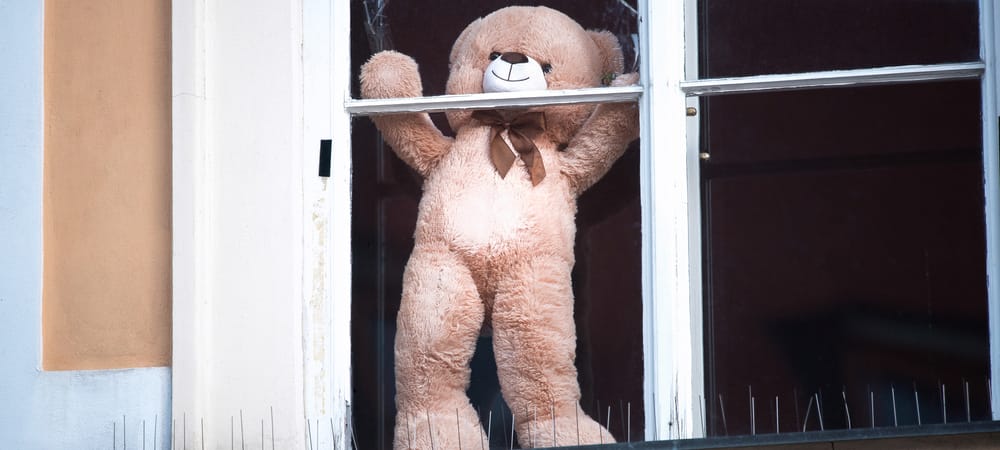
Before they go …
Enjoy the time you have together. Engage with your child, share some fun experiences. Talk, laugh, revel in each other’s company. Encourage them to open up and talk to you, maybe discuss their plans, worries or fears. Knowing that you made the best of the time you had with them, once they are away will help you feel good about yourself, and not add to your sadness with negative emotions like grief and shame over your behaviour.
Make a list of all the positives about having the house (and your time) to yourself again. You will be able to eat what you want, you won’t be playing taxi-driver, you won’t be cleaning up after them, etc etc….
Start arranging some fun stuff for you to look forward to. Lunch with friends, visit a museum, take a trip. Having things in the diary to look forward to will help ease the heartache.
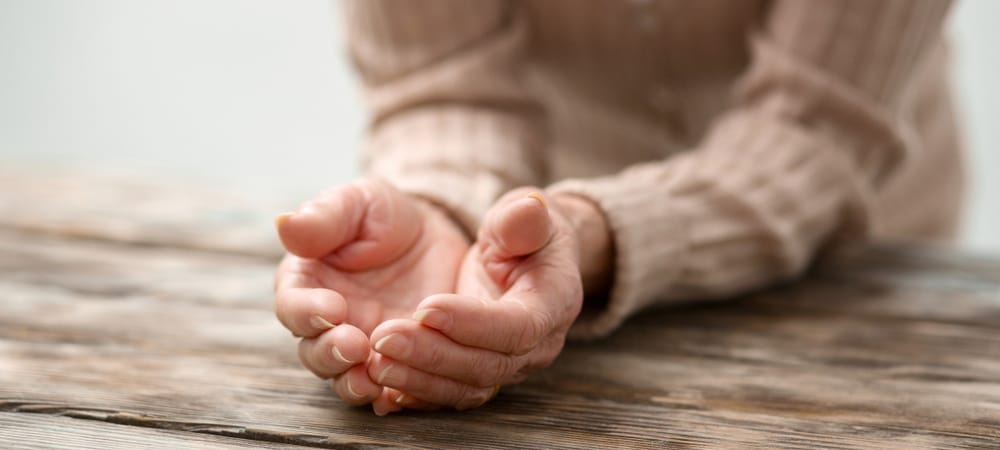
Once they are gone …
Process the feelings, grief, loss, and sadness. Accept that your emotions are real, and that it is okay to feel them. Talk to trusted friends or find a good therapist that you feel comfortable with.
Consider taking up a new activity, or possibly reignite an old hobby that had to be put on hold whilst the children were growing up. Start a class, join a club, do some volunteer work. Do something that gets you out of the house and meeting people.
Think about going back to work or starting a new job (maybe even for the first time). Give yourself a challenge that will engage you mentally or physically, so you are not continuously thinking about what you have lost.
Recognise that you are still a parent, your role has just changed. Organise a regular time (that works for both sides) and catch up with your child, use technology (video messaging, zoom etc) to your advantage.
Don’t turn to substances or unhealthy behaviours, (i.e., alcohol and drugs or gambling and compulsive shopping) to self-medicate against your loss or to try and deal with the feelings of grief.
If you find that you have increased your alcohol and drug use, or you are experiencing symptoms of depression, anxiety, or another mental health condition, then seek professional help.
The sooner you ask for help. The sooner things will improve.

Mental health treatment in Spain
At our luxury residential rehab centre, based on the beautiful Spanish island of Ibiza, we offer a range of therapies for the treatment of substance abuse problems, drug and alcohol addiction, and mental health disorders such as anxiety and depression.
We have a highly qualified team of doctors, therapists and staff and we use a range of methods such as counselling, transcranial magnetic stimulation (TMS) and equine facilitated psychotherapy.
For details on all our treatment programmes and the therapies available here at the clinic, and information on admission contact [email protected]
Share this information, choose your platform!
Rebuilding Relationships after Recovery
For those struggling with addiction, the road to recovery can be a long and challenging one. First and foremost the individual must take all the necessary steps to get sober. Acknowledgement of the addiction, getting oneself into and completing a …
Why building support systems is key in mental health and addiction recovery.
The phrase, and belief, that “the opposite of addiction is connection,” has been expressed in fellowship meetings, support groups, and encouraged by mental health and addiction specialists for many years. British journalist Johann Hari popularised the saying and highlighted the …
Menopause, mental health, substance abuse, and addiction
October is World Menopause Month, with the theme this year being cognition and mood. Menopause is a natural stage in a woman’s life, which brings with it a whole host of physical and emotional side effects; but is rarely openly …
5 Tips for Maintaining your Recovery whilst Self-Isolating
Social distancing and self-isolation can be a struggle for anyone, but for those with in recovery this period of quarantine can be particularly difficult. You may feel like you’ve lost your sense of routine, feel disconnected with your support network. …






